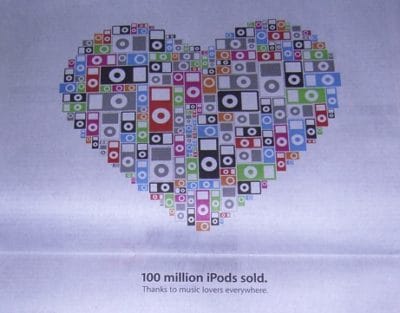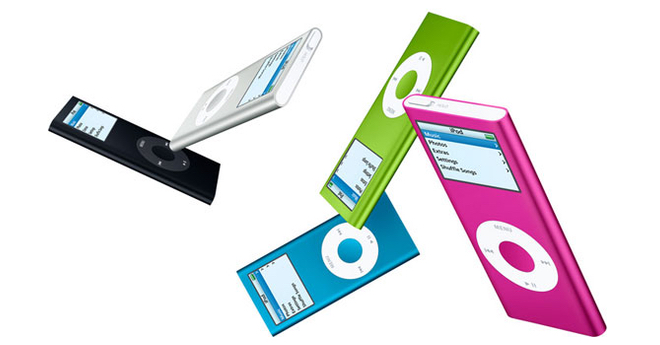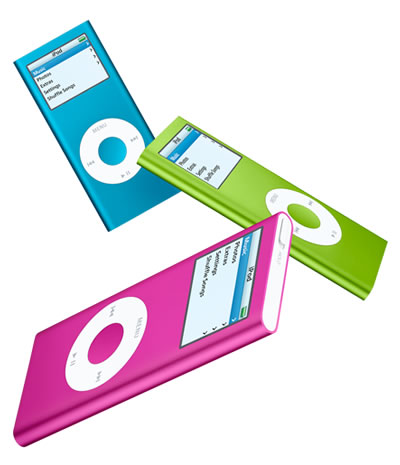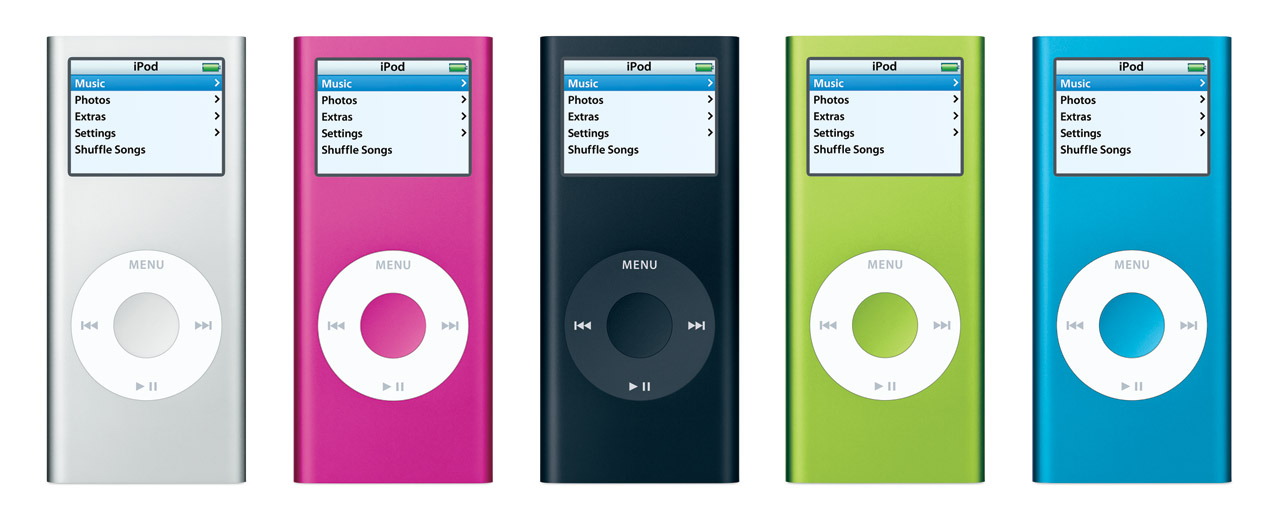On April 9, 2007, Apple reached a milestone in the form of one hundred million iPods sold. This happened roughly five and a half years after Apple's music player first hit store shelves. The iPod thus became the most popular product of the Cupertino company in its time. The record was achieved practically a moment before the first iPhone was introduced to the world.
Unexpected success
At the time, Apple had released more than ten iPod models – five iPod classics, two iPod minis, two iPod nanos and two iPod shuffles. Along with the iPod, the source of income (not only) for Apple was also the accessories, which formed a giant system, numbering more than four thousand accessories - starting with various cases and covers and ending with separate speakers. Other conditions also played a role in the massive adoption of the iPod – for example, in 2007 roughly 70% of cars manufactured in the United States offered connectivity with the player.
The huge success of the iPod, along with the way it scored the iTunes Music Store, definitively convinced the rest of the world that Apple's entry into the world of the music industry was by no means a wrong move. At the time, the iTunes Music Store was the third largest music store in the United States – a success of such proportions that few could have associated with Apple ten years ago.
"On the occasion of this historic milestone, we want to thank all music fans for making the iPod such an incredible success," Steve Jobs said at the time in official statement. "iPod has helped millions of people around the world rekindle their passion for music, and we're thrilled to be a part of that," he added.
Celebrities, commercials and big numbers
The celebration of one hundred million iPods sold also could not do without celebrities not only from the music world. They didn't spare words of praise either. Singer Mary J. Blige, for example, confessed in a press statement that she doesn't really remember what she did "before the iPod," calling it "more than just a music player." "It's an extension of your personality and a great way to take your favorite music with you wherever you go."
John Mayer, musician, songwriter and Grammy Award winner, aptly stated that without the iPod, the digital era of music would have been defined by files and folders instead of songs and albums, adding that even though music media has changed, the iPod has kept the true spirit of love alive to the music.
For example, Lance Armstrong, multiple winner of the Tour de France race, joined the eulogies on the iPod. For a change, he said that wherever he goes, he is not only without his running shoes, but also without his iPod. "I listen to music while running. Having your music with you is really motivating," he stated.
But the iPod wasn't the only reason to celebrate. It offered integration with iTunes 2007 in 7. At the time, the iTunes Store represented the largest catalog in the world, offering more than five million songs, 350 TV shows and more than four hundred movies. In its framework, it was possible to sell more than 2,5 billion songs, 50 million TV shows and more than 1,3 million films.
With the advent of the iPhone, capable of playing music, there was a partial migration of the user base and the iPod was no longer so successful, but Apple certainly had nothing to complain about. For him, the gradual end of the successful era of the iPod meant nothing more than the successful beginning of a completely different era.
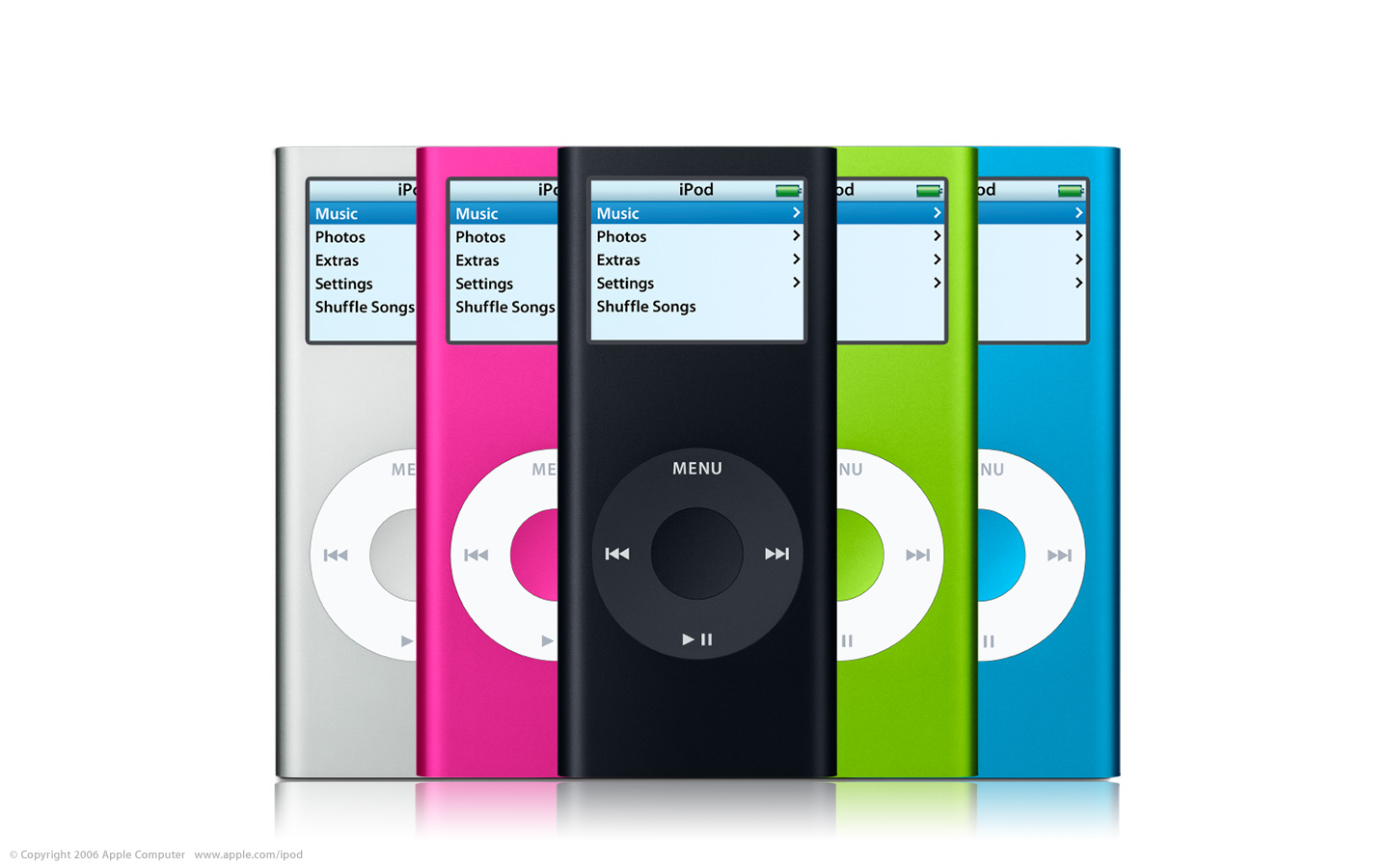
Source: Cult of Mac
